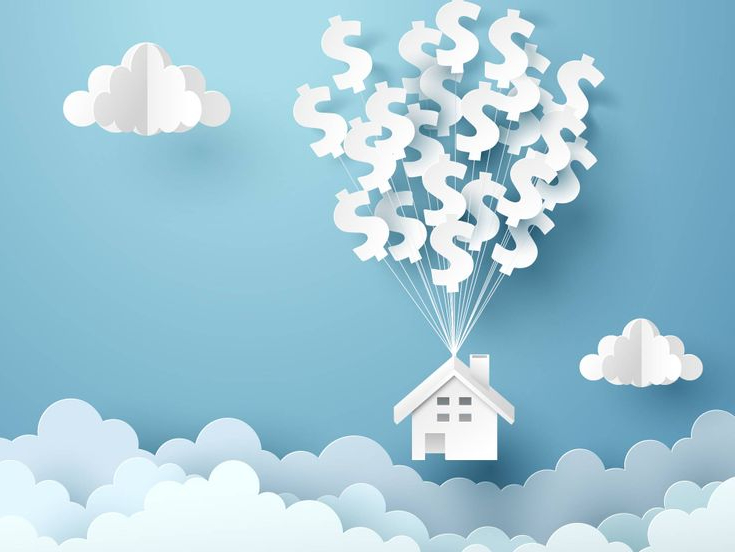Navigating your finances as an aspiring first-time home buyer can feel like a minefield - from maintaining your credit score to saving up for your deposit - but knowing the money mistakes most first-time buyers make and how to avoid them will help smooth out the process.
Less than stellar finances
It might seem like having a good credit score and a deposit should be enough when applying for a home loan but it is not. For most home loan applications, banks require 6 month's worth of bank statements and having bank statements that reflect poorly managed finances is not ideal.
You want to show the bank that you can afford your bond repayments comfortably and one way they check this is by inspecting your bank statements.
If you are getting ready to buy a home, we would advise you to start at least a year in advance by getting your cash flow under control by limiting unnecessary spending and living within your means. We also suggest that you make sure that all of the funds for the home purchase are in your account at least three months before applying for a home loan.
Buying the most expensive home that you qualify for
So you have taken the first step and got prequalified - to your surprise you qualify for a pricier home than you anticipated. Although it’s tempting to buy at the top of your budget, this can be a mistake.
If you have done a proper budget and accounted for your monthly expenditure before buying a home, adding a bond repayment that is much higher than you first anticipated could set you up for failure.
Avoid this by sitting down and really figuring out what other priorities you would like to spend money on - owning a home is just one of your goals at the end of the day. Maybe you would like to travel a lot in the next two years and would therefore consider a smaller lock-up-and-go property with a smaller bond repayment, maybe you are investing in your education or starting a small business - weigh up which goals you would like to achieve and how much you need to spend on a home loan and your goal to achieve both.
Forgetting about the hidden costs
Even if you’ve saved diligently for a deposit, it’s easy to be caught by other costs associated with buying.
Buyers often only think about their deposit and forget about all the other costs associated with buying a home. In the end, they realize they don't have enough funds to purchase a property.
It’s a good idea to research and calculate approximately how much extra cash you will need in order to purchase a home and factor this into your savings plan.
Here are the hidden costs of buying a home
Spending too much too soon on your new home
You have bought your home and now you are ready to start turning it into the Pinterest board of your dreams - but while there is nothing wrong with buying new furniture or undertaking a painting project you have to make sure you have the funds to do so.
We would advise first-time homebuyers to give themselves some time to adjust to the financial implications of homeownership before spending large amounts of cash on new things for their home.
Don't make new debt for the first few months of owning a home. First make sure that you have enough savings for the anticipated bond repayments, taxes, and insurance in addition to all the hidden costs.
